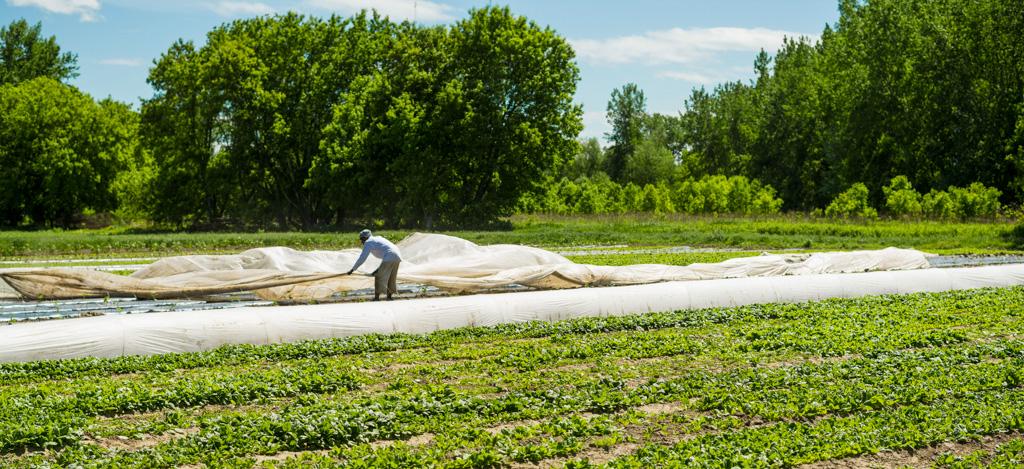The April 1st Seven Days article Sacred Cows pointedly highlighted the relationship between accepted (and some unacceptable) agricultural practices and the need to protect water quality in our state. Vermont’s farmers are some of the greatest stewards of our state’s lands and waters, the vast majority of whom care deeply about the land that sustains us all. That said, there can always be bad actors.
For Vermont’s organic farmers, there are established guidelines and clear standards in place to prevent soil erosion and other factors than can negatively impact water quality. Under the Vermont Organic Farmer (VOF) guidelines for organic certification, farmers are required to take certain measures to protect water quality, biodiversity, and other natural resources.
In order to maintain certification, organic producers are required to implement crop rotation, which (among other benefits) provides erosion control to prevent soil loss and runoff. Livestock yards and feeding areas must be managed in a way that prevents waste runoff into nearby surface waters, and pastures must be managed in a manner that does not put water quality at risk. Organic farmers’ pasture plans must specifically include a description of practices used for erosion control and protection of natural wetlands and riparian areas. These are just a few examples.
While there can be instances of non-compliance on organic farms as any other, all organic farms in Vermont are monitored through annual inspections. VOF (Vermont’s organic certification program, operated by NOFA Vermont) is also required to conduct a certain number of unannounced inspections each year. In part to help support these monitoring and enforcement efforts, organic farmers pay substantial certification fees each year.
NOFA Vermont supports the State’s efforts to improve water quality and believes that every farmer and in fact, every citizen must be a part of the solution. As Vermont’s organic certifier, one way VOF can help to support water quality protection is to assist the state in verifying organic farmers’ compliance with updated AAPs (accepted agricultural practices) as part of the established inspection process. Such a solution would avoid excessive and expensive repeat inspection visits, since organic inspectors already visit organic farms at least once per year. Furthermore, since organic farmers already pay significant fees in order to have their operations regularly monitored and inspected, certified farmers should be exempt from the State’s proposed permit fees under the current water quality proposal.
As the State moves forward with its plans to improve water quality, care should be taken to find a solution that is practical, enforceable, and provides appropriate protections for our state’s waters, as well as farms and farmers at the heart of Vermont’s rural economy and character.
Nourishing people, land, & justice through organic agriculture
LEARN MORE

